Our homes reflect who we are in many ways, from who lives there, how tidy and organized we keep them, and how we decorate. While home decoration trends come and go in windows as short as seasons, one staple of home decor is houseplants.
Whether you’ve got an entire rainforest throughout your home or just one plant on the windowsill, if you’re like 70% of Americans, you’ve got houseplants. And, if you’re like most homes, you’ve got a pet at home, too, so making sure you decorate with plants that aren’t toxic to cats or dogs is essential.
You may even have curious young children and want to be sure your plants don’t pose a danger to them. Keep reading for non-toxic houseplants that will complement your beautiful home.
Spider Plant
Why not start this list with a plant powerhouse that is non-toxic, gorgeous, and easy to keep alive, the Spider Plant? These plants trail and produce baby plants, making them easy to propagate into new plants to add to your collection or give to loved ones.
Spider Plants are known for their long, pale green leaves and look stunning in a hanging basket or on top of bookshelves. They require little maintenance and grow well in the shade and weekly watering.
Venus Fly Traps
Venus Fly Traps take more TLC to keep happy than other houseplants, but the commitment and care are worth it for these unique and fun houseplants. Venus Fly Traps are native to swamps, so they enjoy moist soil and can only be fed distilled water.
They perform well in low-nutrient soil, so they don’t require maintenance in that department. They’re great in the kitchen to keep fruit flies and other insects at bay.
Ponytail Palms
Ponytail palms get their name for their long, draping leaves that resemble the iconic hairstyle. While Ponytail Palms can entice your feline family members since they look like a toy, this is one houseplant you don’t have to worry about your cat eating.
These palms are easy to care for and are quite hardy – they easily tolerate dry soil and need rare fertilization.
Marigolds
While houseplants are excellent for bringing lush, green, and vibrant beauty to your home, if you’re looking for a pop of color with flowers, Marigolds are an easy-to-care-for, non-toxic option.
These beautiful plants are known for their bright orange and yellow blooms and are a favorite indoor flower plant for their long blooming season. They do best in full sun, so they make a great addition to kitchens, bathrooms, and anywhere you get direct natural light.
Banana Plant
The Banana plant is your answer if you’re looking for a large statement plant safe around young children and pets. They’re harder to find in local nurseries, so you may have to buy houseplants online, but this beauty is worth it.
Their large, gorgeous green leaves instantly cheer up any room. Banana plants are easy to care for but need high light, so place them on the floor in front of sliding doors and larger windows to keep them happy.
African Violet
The African Violet is a common houseplant because it produces beautiful blooms in the low light setting. African Violets are known for their cute, fuzzy leaves and beautiful clusters of flowers.
They produce blue, white, and vibrant purple blooms that can be enjoyed year-round with the right care. African Violets are a great option for homes with limited space as they prefer to be kept in small pots and only need repotting every few years. They make a dainty addition to a kitchen windowsill or bedside table.
Money Trees
Who doesn’t love to watch their money grow? While these houseplants won’t impact your bank account, the value they bring to making your home beautiful is fantastic. Money trees thrive indoors and grow extremely fast with minimal care. They need partial sunlight and weekly watering.
Repot as your plant grows to keep them healthy and reach its full potential – Money trees in the wild can grow up to sixty feet!
Houseplants are a beautiful way to add natural beauty to your home. Countless studies have shown benefits from boosting mental health to purifying the air in your home. Keep everyone safe by opting for the non-toxic houseplants mentioned above when shopping for plants.

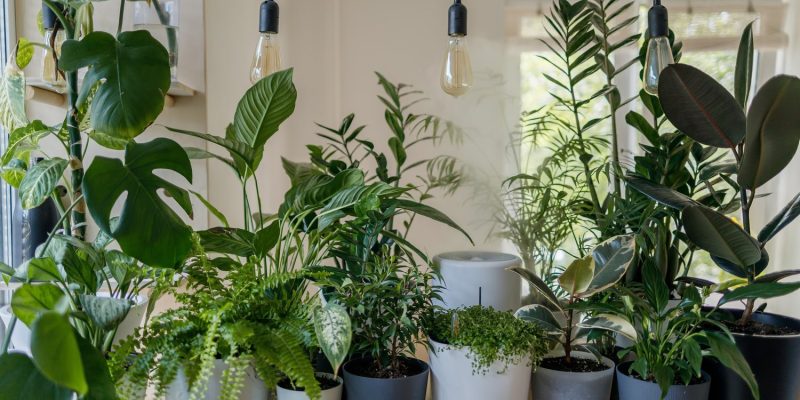
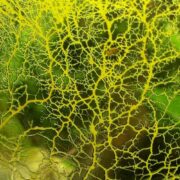
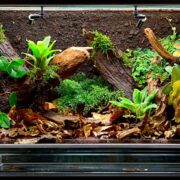
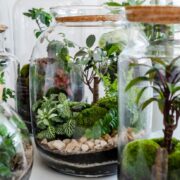
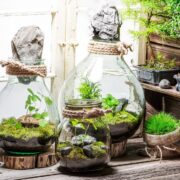
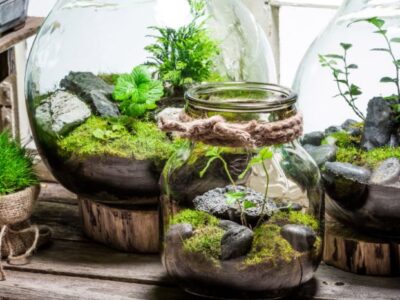
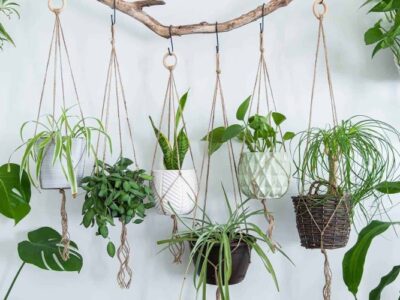
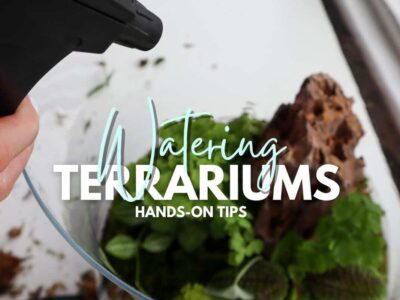
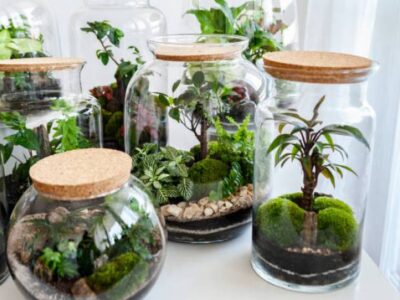
Comments